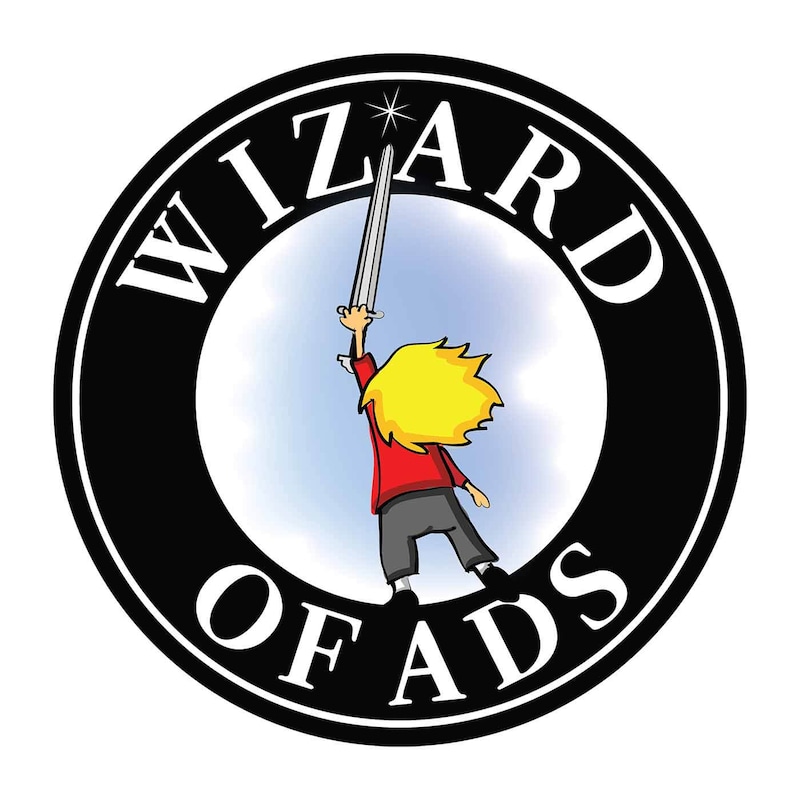In the Monday Morning Memo for Oct. 10, 2022, I wrote,
“Do you want to be one of the world’s great ad writers? Don’t read ads. Read the poems, short stories and novels written by the winners of the Pulitzer and Nobel prizes in Literature.”
My friend Tom Grimes – the waterboy of Amarillo – texted me this insightful correction:
“I’ve heard you teach in class that magicians, stand-up comedians and the creators of comic strips always structure their storytelling in that same tight economy of words used by the world’s great poets. ‘And then what happened, and then what happened, and then what happened…'”
I stand corrected. Thank you, Tom.
Yes, comedians, magicians, and the creators of comics are three different types of writers who know how to capture and hold our attention, just as the world’s great poets have done for centuries. These writers show us possible futures, imaginary pasts, or an exaggerated present; realities that exist entirely in our imaginations.
And they do it in a brief, tight, economy of words.
Likewise, the best ad writers take us on journeys that begin and end quickly, but leave us altered, changed, modified, different.
I don’t list AI in my pantheon of persuasive writers for the same reason that I don’t list the makers of movies.
Great movies are created from great plays and great books. Even Disney’s animated cartoon adventuresbegin with great stories.
Stories are written by writers.
The actors, directors, and illustrators who portray those stories are called artists and they are assisted by technicians. Artists and technicians don’t write the stories; they adapt stories to fit a format and then show them to us.
AI is not a writer. AI is an artist and a technician.
Dune was written by Frank Herbert 59 years ago and has sold nearly 20 million copies worldwide. Artists and technicians adapted it into a 1984 film, a 2000 television miniseries, and then a major motion picture in 2021 with a sequel that was released in theaters just last week.
The Lord of the Rings was written by Tolkien and adapted by artists and technicians.
The Godfather was written by Puzo and adapted by artists and technicians.
Harry Potter was written by Rowling and adapted by artists and technicians.
Charles Schultz, Bill Watterson, Neil Gaiman, Stan Lee, Scott McCloud and Tom Fishburne are writers who tell stories in comic panels.
Robin Williams, Chris Rock, Eddie Murphy, Richard Pryor, Ellen DeGeneres and Dave Chappelle are writers who tell stories in short bursts while standing behind a microphone.
Penn and Teller, Siegried and Roy, David Blaine, Brian Brushwood, David Copperfield and Nate Staniforth are writers who stand on stage and tell stories while proving that you cannot believe your eyes or trust your logical mind.
Ian Fleming, Cormac McCarthy, Stephen King, Truman Capote, and Elmore Leonard are writers who tell stories using only words.
Artists and technicians adapt their stories for stage, film, and video.
Shakespeare wrote 38 stories that artists and technicians have adapted for the past 450 years. The artists who gave faces and voices to Shakespeare’s characters include Judi Dench, Patrick Stewart, Elizabeth Taylor, Richard Burton, Kenneth Branagh, David Tarrant, Derek Jacobi and Peter O’Toole.
We have writers. We have artists. We have technicians.
Can one person be all three?
Certainly. George Lucas did it 50 years ago on the big screen. Rex Williams, Brian Brushwood, and 1,000 others are doing it today on YouTube.
AI is not a writer.
AI is an artist. AI is a technician.
AI works its magic through aggregation and compilation.
These are not the same as creation.
Roy H. Williams
NOTE FROM INDY – Did you notice that Tom Grimes did a near-perfect imitation of Mr. Haney from Green Acres? Pop into the rabbit hole and I’ll play you a short compilation of Mr. Haney outtakes.
When David faced Goliath, he wasn’t playing games. But when Bob Moog faced Hasbro and Mattel, his games and puzzles were all that he had. Bob has gone nose-to-nose with the world’s biggest players and found a way to beat each of them at their own game (pun intended). In this fun, fun, fun episode of Monday Morning Radio, Bob Moog, the co-founder and president of University Games plays “20 Business Questions” with roving reporter Rotbart and his son Maxwell. Hey! Let’s all play a game! Maxwell needs a nickname. What will it be? Listen to this episode and then send your suggestion to corrine@wizardofads.com and she’ll compile a list. Are you ready? The game is about to begin at MondayMorningRadio.com.



